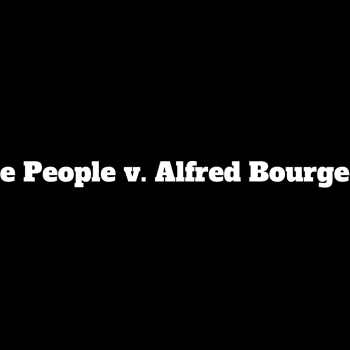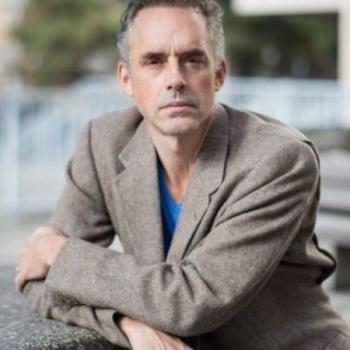By Tim Muldoon
Barefoot children stand beside a smoldering heap of junk computers, sent overseas from the U.S. and Europe to this massive landfill in Accra, Ghana. The acrid smoke that might choke a visitor is nothing new to those who come here daily to scavenge anything valuable, such as the copper in wires or the metal skeletons of discarded desktops.
The scene is miserably common, to be found in places like Mexico City or Calcutta or other places where the poor dig through the refuse of the rich for something that might sustain them for another day. These garbage heaps ("one man's trash...") reflect a stark, if perennial, reality that lurks in the backdrop of Pope Benedict XVI's new encyclical Charity in Truth. There is a grotesque gap between the world's few rich and many poor, and in the age of globalization we must ask what we intend to do about it.
Of course the rich-poor gap is hardly new; Jesus himself, realist as he was, observed that the poor would always be with us (Mt. 26:11, Mk. 14:7, Jn. 12:8). Yet inasmuch as Jesus sought to reconcile people to God and each other for the sake of what he called "the kingdom of God" -- a phrase (or one like it) used over a hundred times in the Gospels -- Jesus called people to imagine the world in a new way, a way that more closely reflected the kind of authentic friendships that God had created people capable of forming. Benedict's opening line reflects the basic dynamic of Jesus' mission:
Charity in truth, to which Jesus Christ bore witness by his earthly life and especially by his death and resurrection, is the principal driving force behind the authentic development of every person and of all humanity.
The theme of the encyclical (a letter that represents the most formal expression of the pope's office as teacher, inheritor of the role of Peter) is human development writ large. It is the most recent in a line of social encyclicals that stretch back to 1891, the year Pope Leo XIII issued a document about the condition of laborers in the industrial revolution. Rerum Novarum ("new things"), as it was called, was a watershed, inasmuch as it turned the Church's attention squarely on modern problems: its focus was not a distinctively theological or spiritual question -- at least as such questions had been understood up until then -- but rather on the ordinary, everyday concerns of people seeking to work in order to feed their families.
The underlying thesis then, as for Benedict today, is that the Church is concerned about the progress of human beings: issues of peace and justice, living wages and good government, economic structures, and international relations all bear on the Church's mission to help build the kingdom of God. For the kingdom, as contemporary theologians are quick to point out, is not only a distant hope, a strictly life-after-death matter. It is an already unfolding reality, the blueprints of which are inscribed on every human heart when it seeks to do justice, love kindness, and walk humbly in search of God.
What, then, should the world look like if people heeded what Benedict calls for in his encyclical? I offer four key points.
1. Reverence for all humanity. At the root of the letter is a call to look with awe at human life. It invites people to take a step back and simply marvel at the world human beings have created, and imagine God intimately present in the world. The Church's reverence for human life waiting to be born is well known, and Benedict repeats it; but he also ties it to other social concerns like the honoring of sexuality, the well being of families, the smooth running of corporations, the availability of jobs, the thriving of national and international economies, and the challenges of chronic poverty. All human life, and all that contributes to the flourishing of human life, is the subject of the encyclical. To live according to this vision would include these activities:
- Encouraging attitudes around sexuality that seek to connect it to human dignity and the common good, and rejecting casual or recreational attitudes.
- Promoting policies that enable families to stay together with a living wage.
- Providing opportunities for laborers and companies to market their products fairly, without undue burden from national or international taxation or tariffs.
- Honoring all human life, from conception to natural death.
2. A new vision for business based on communion rather than maximizing profit. The pope makes explicit mention of an initiative begun by the Focolare Movement, a group founded by the Catholic laywoman Chiara Lubich in 1943. The initiative, known as "economy of communion," began eighteen years ago and now has businesses on five continents whose purpose is the development of individuals and communities. Each company gives a portion of its profit to a center in Rome, which redistributes the money toward efforts that empower the poor.




